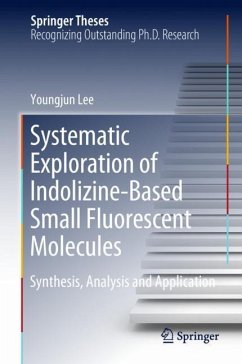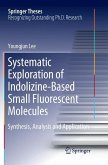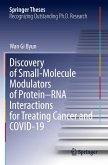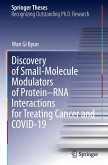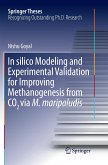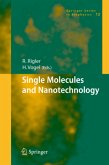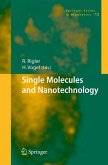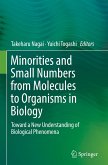This thesis describes an in-depth study of an indolizine-based fluorophore, from understanding of its structure-photophysical property relationship to its application as a useful biological reporter.
Organic fluorophores have been extensively used in the field of molecular biology owing to their excellent photophysical property, suitable cell permeability, and synthetic flexibility. Understanding of the structure-photophysical property relationship of a given fluorophore often paves the road to the development of valuable molecular probes to visualize and transcribe biological networks. In this thesis, respective chapters deal with molecular design, organic synthesis, structure-property analysis, and quantum-mechanical interpretation of unexplored family of indolizine-based molecules. This systematic exploration has led to rational development of a new microalgae lipid droplet probe, colorful bioorthogonal fluorogenic probes, and a bright mitochondrial probe, working underlive cell conditions.
Harnessing the optical properties of a given fluorophore has been an important topic for a couple of decades, both in industry and in academia. This thesis provides useful insights for the improvement and development of unique small fluorescent materials, or optical materials.
Organic fluorophores have been extensively used in the field of molecular biology owing to their excellent photophysical property, suitable cell permeability, and synthetic flexibility. Understanding of the structure-photophysical property relationship of a given fluorophore often paves the road to the development of valuable molecular probes to visualize and transcribe biological networks. In this thesis, respective chapters deal with molecular design, organic synthesis, structure-property analysis, and quantum-mechanical interpretation of unexplored family of indolizine-based molecules. This systematic exploration has led to rational development of a new microalgae lipid droplet probe, colorful bioorthogonal fluorogenic probes, and a bright mitochondrial probe, working underlive cell conditions.
Harnessing the optical properties of a given fluorophore has been an important topic for a couple of decades, both in industry and in academia. This thesis provides useful insights for the improvement and development of unique small fluorescent materials, or optical materials.

